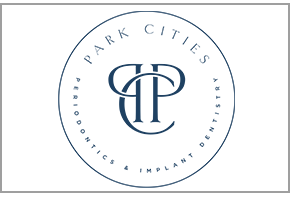Conscious Sedation
Conscious sedation is a minimally invasive technique which will calm you during dental procedures without the risk associated with general anesthesia. A depressed level of consciousness is reached that allows the patient to maintain a patent airway independently and to respond appropriately to verbal commands and physical stimulation. The drugs, doses, and techniques used are not intended to produce loss of consciousness. Such drugs include midazolam (Versed) , diazepam (Valium), and Meperidine (Demerol.)
ANESTHESIA DON’TS
DON’T drive a car for at least 24 hours. After anesthesia, your reaction may be impaired. Such impairment makes driving a car dangerous to you and to others. It is especially important that you don’t forget to make arrangements for someone else to drive you home from the office.
DON’T operate complex equipment for at least 24 hours. The same logic that applies to driving a car similarly applies to the operation of other equipment. This includes equipment used at home, such as a lawnmower, as well as that which is used on the job, such as a forklift truck.
DON’T make any important decisions or sign any legal documents for the day. The potential for impairment relates not only to physical activities, but to your mental state also. Moreover, the anxiety that frequently accompanies important decisions is to be avoided. The day should be spent resting.
DON’T take any medications unless prescribed by or discussed with your physician. Some medications may adversely interact with anesthetic drugs or chemicals remaining in your body. Included are prescription drugs, such as sleeping pills or tranquilizers, and over-the-counter medications, such as aspirin.
DON’T drink alcohol for at least 24 hours. Alcohol is also considered a drug, meaning that an alcoholic drink has the potential to negatively react with the anesthetic in your system. This includes hard liquor, beer and wine.
ANESTHESIA DO’S
DO leave the office accompanied by a responsible adult. This person will ensure that you travel safely, as well as provide immediate care at home. You should continue to have this adult with you for 24 hours after surgery.
DO remain quietly at home for the day and rest. You need rest both because you have received anesthesia, and because you have undergone a surgical procedure – even one that is considered minor. If, after a day, you still do not feel recovered, you may want to continue your rest for an additional day or two. Discuss your planned return to work with your doctor.
DO arrange for someone to care for your small children for the day. Even if given instructions to play peacefully and not overtax you, children sometimes forget such directions or have trouble staying quiet for an entire day. The most predictable course of action is to leave small children and babies in the care of another responsible adult.
DO take liquids first, then slowly progress to a light meal. Heavy foods can be difficult for your system to digest, thereby increasing the chance for discomfort. For your nourishment, start by taking liquids, then eat light foods such as broth or soup, crackers or toast, plain rice, jello and yogurt.

